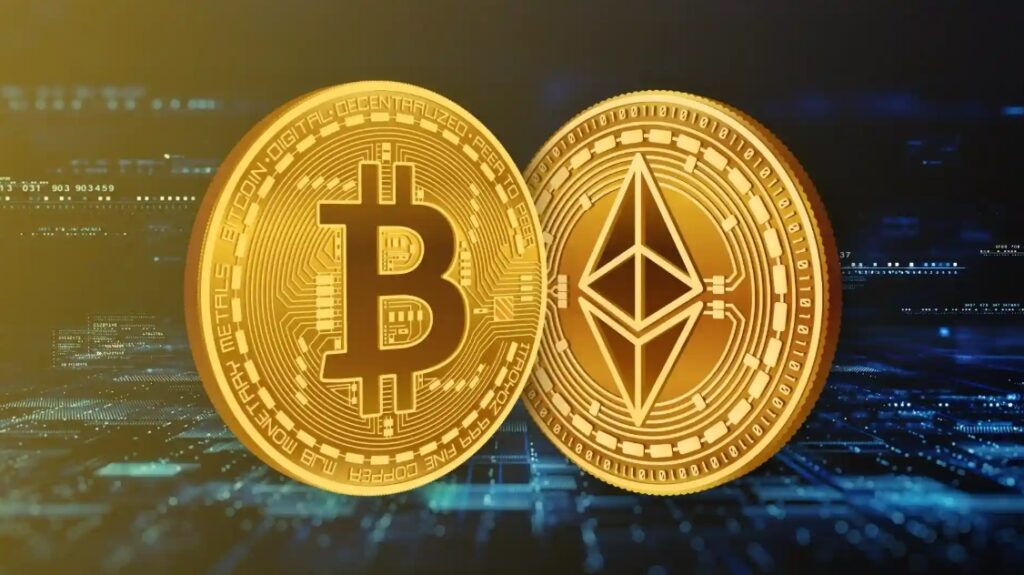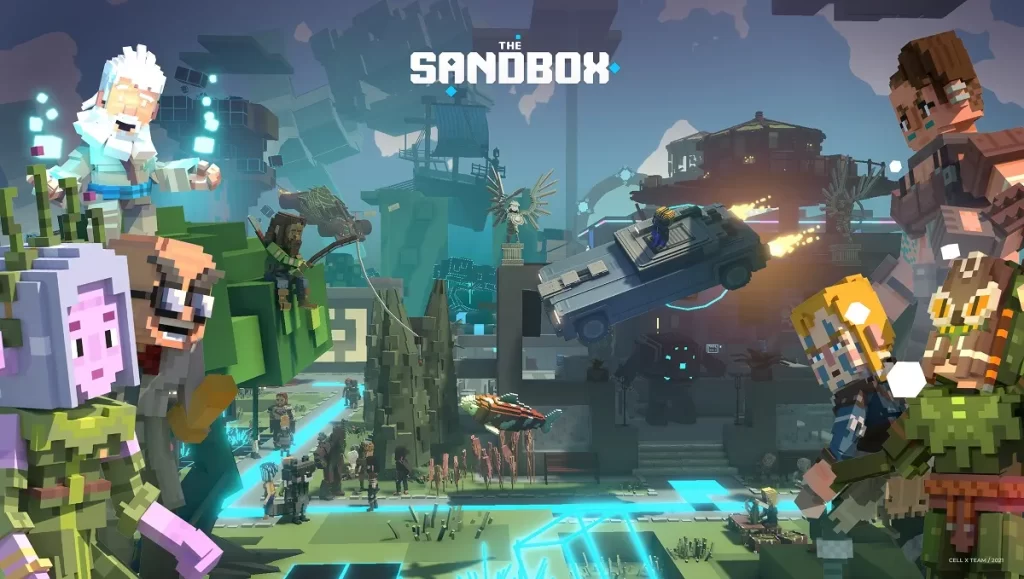Takeaway
The intersection of blockchain technology and gaming has given rise to NFT game studios, which are revolutionizing the gaming landscape by enabling true ownership of in-game assets, fostering player-driven economies, and creating innovative gameplay experiences. This article delves into the technical intricacies of NFT game studios, exploring their architecture, real-world applications, and the future of gaming in a decentralized world.
As the gaming industry continues to evolve, the integration of blockchain technology has emerged as a transformative force. NFT (Non-Fungible Token) game studios are at the forefront of this revolution, leveraging blockchain solutions to create unique gaming experiences that empower players and redefine asset ownership. This article explores the technical underpinnings of NFT game studios, their innovative concepts, and the implications for the future of gaming.
Understanding NFTs and Their Role in Gaming
Non-Fungible Tokens (NFTs) are unique digital assets verified using blockchain technology. Unlike cryptocurrencies such as Bitcoin or Ethereum, which are fungible and can be exchanged on a one-to-one basis, NFTs represent distinct items or assets that cannot be replicated. This uniqueness is crucial in gaming, where players seek to own and trade in-game items, characters, and skins.

According to a report by NonFungible.com, the NFT market reached a staggering $10.7 billion in sales in Q3 2021 alone, highlighting the growing interest in digital ownership. The gaming sector has been a significant contributor to this growth, with platforms like Axie Infinity generating over $1 billion in revenue in 2021 through the sale of NFTs (source: DappRadar, 2021).
The Architecture of NFT Game Studios
NFT game studios typically consist of several key components that work in tandem to create a seamless gaming experience. These components include:
1. Smart Contracts
Smart contracts are self-executing contracts with the terms of the agreement directly written into code. In the context of NFT games, smart contracts govern the creation, transfer, and ownership of NFTs. They ensure that transactions are secure, transparent, and immutable. For instance, the Ethereum blockchain, which is the most widely used platform for NFTs, allows developers to create ERC-721 and ERC-1155 tokens, which are standards for NFTs.
2. Decentralized Storage
To ensure the longevity and accessibility of digital assets, NFT game studios often utilize decentralized storage solutions such as IPFS (InterPlanetary File System). This technology allows game assets to be stored across a distributed network, reducing the risk of data loss and ensuring that assets remain accessible even if a central server goes down.
3. Game Engines and Development Frameworks
Many NFT game studios leverage popular game engines like Unity or Unreal Engine, integrating blockchain functionality through SDKs (Software Development Kits) and APIs (Application Programming Interfaces). This integration allows developers to create immersive gaming experiences while incorporating blockchain features such as NFT minting and trading.
Innovative Concepts in NFT Gaming
NFT game studios are not just about creating digital collectibles; they are pioneering innovative concepts that enhance gameplay and player engagement. Some notable concepts include:
1. Play-to-Earn Models
The play-to-earn model has gained significant traction in the NFT gaming space, allowing players to earn real-world value through gameplay. Games like Axie Infinity and The Sandbox enable players to earn tokens by completing tasks, battling, or creating content. This model not only incentivizes gameplay but also fosters a player-driven economy where users can trade their earned assets on secondary markets.
2. Interoperability
Interoperability refers to the ability of NFTs to be used across different games and platforms. This concept is gaining momentum as developers seek to create a cohesive gaming ecosystem. For example, the Ethereum-based game Decentraland allows players to buy, sell, and trade virtual real estate, which can be utilized in various games and applications within the Metaverse.
3. Community Governance
Many NFT games are incorporating decentralized governance models, allowing players to have a say in the development and direction of the game. Through governance tokens, players can vote on key decisions, such as game updates or new features. This approach fosters a sense of community and ownership among players, enhancing their overall gaming experience.
Real-World Examples of NFT Game Studios
Several NFT game studios have successfully implemented these innovative concepts, demonstrating the potential of blockchain technology in gaming:
1. Axie Infinity
Axie Infinity is a prime example of a play-to-earn game that has captured the attention of millions. Players breed, raise, and battle creatures called Axies, earning tokens that can be traded for real money. As of October 2021, Axie Infinity had over 2.5 million daily active users and generated over $1 billion in revenue (source: DappRadar, 2021).
2. The Sandbox
The Sandbox is a virtual world where players can create, own, and monetize their gaming experiences. By utilizing NFTs, players can buy land, create games, and sell their creations. The Sandbox has partnered with major brands like Atari and Snoop Dogg, further solidifying its position in the NFT gaming space (source: The Sandbox, 2021).

3. Decentraland
Decentraland is a decentralized virtual reality platform that allows users to create, experience, and monetize content and applications. Users can purchase virtual land using the MANA token, which is an ERC-20 token on the Ethereum blockchain. Decentraland has seen significant growth, with virtual land sales reaching over $100 million in 2021 (source: NonFungible.com, 2021).
The Future of NFT Game Studios
The future of NFT game studios is promising, with several trends shaping the landscape:
1. Enhanced User Experience
As technology advances, NFT game studios will continue to enhance user experiences through improved graphics, gameplay mechanics, and user interfaces. The integration of virtual reality (VR) and augmented reality (AR) will further immerse players in the gaming world.
2. Regulatory Developments
As the NFT market matures, regulatory frameworks will likely emerge to govern the use of NFTs in gaming. This could lead to increased legitimacy and security for players and developers alike.
3. Expansion of the Metaverse
The concept of the Metaverse, a collective virtual shared space, is gaining traction. NFT game studios will play a crucial role in building this interconnected digital universe, where players can interact, trade, and create across various platforms.
In conclusion, NFT game studios are at the forefront of a gaming revolution, merging innovative concepts with blockchain solutions to create unique experiences for players. By enabling true ownership of digital assets, fostering player-driven economies, and enhancing gameplay through decentralized governance, these studios are reshaping the future of gaming. As the industry continues to evolve, the potential for NFT game studios to drive innovation and engagement remains limitless.

